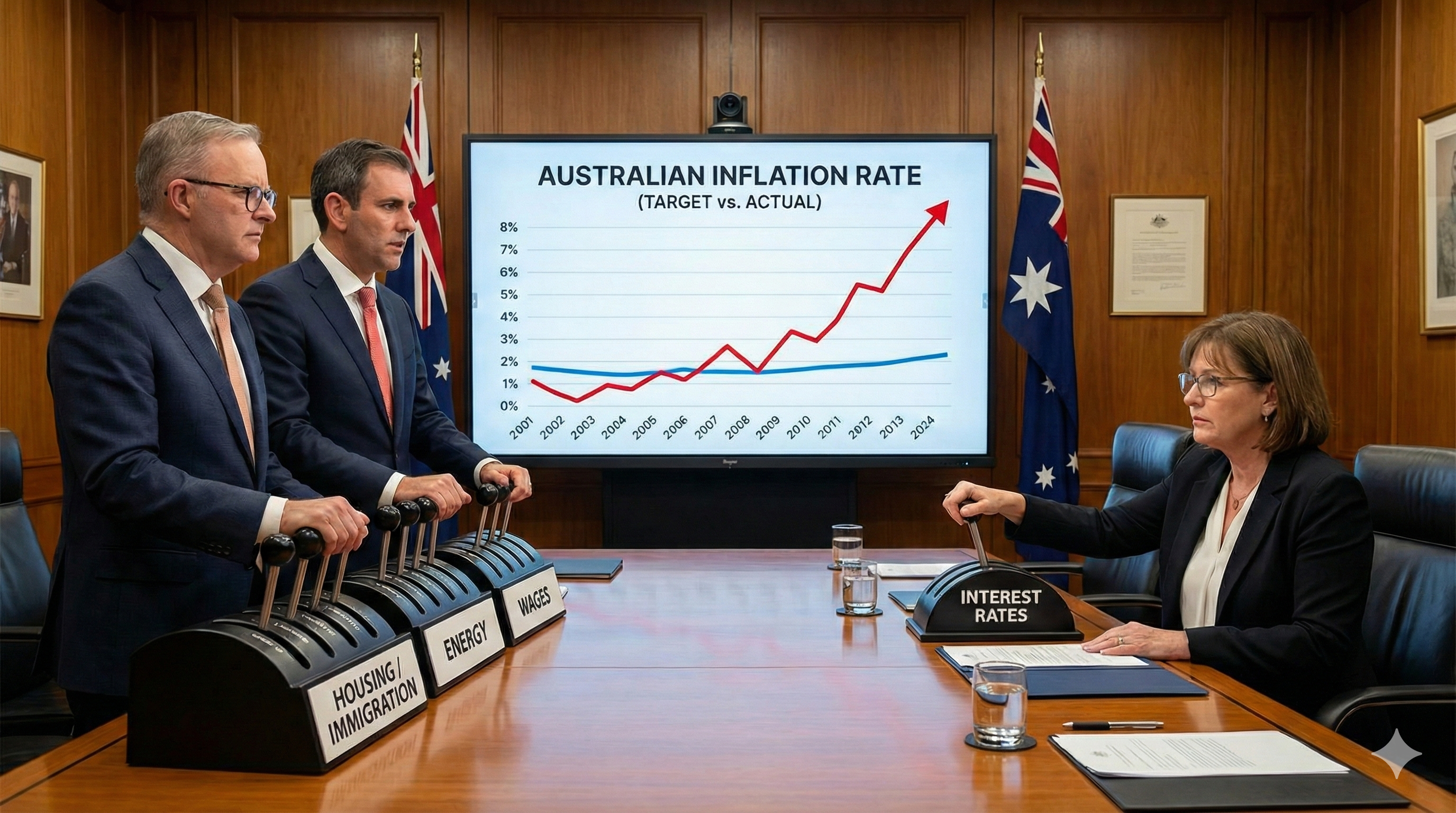Electric Dreams
Some Coalition in-fighting on electric cars and a new electric "Black Cab" in London caught my eye overnight and given our investment interest in electric cars I thought it worth an update on the investment arithmetic.
Electric Vehicle investment numbers
Of more interest, given our view that electric cars are at the cross-over point for taxis already was this update:
The keys of the first TX to leave the company headquarters of Geely-owned London EV Company (LEVC) were handed over to 46 year-old David Harris from Chingford earlier today. The ex pro tennis player was one of the first taxi drivers to register for the TX electric black cab when the order books opened in the middle of last year. And LEVC reports that Harris expects to save up to £600 (roughly US$840) per month in running costs compared to his now mothballed diesel cab.
The assumptions behind the cost numbers that LEVC publish look OK, maybe a little aggressive. On the other hand, they don't include cost savings on lower maintenance. But being conservative, it does look like the average driver would save at least £5,000 /year, and with electric taxi's costing around £7,000 more the payback should be less than two years - confirming our view that taxis have already reached the crossover. We think private cars won't cross over until the late 2020's - see our primer for more.
In the table below I have shown the approximate costs for a taxi doing 100,000km per year with a 300km range battery (recharging about once a day), vs a passenger car travelling 15,000km per year.

Based on current oil prices and current electricity prices it is around 1.5c-2.5c cheaper to drive a car on electricity rather than oil. This can vary quite widely based on oil prices and taxes in individual countries. But for taxis, the point is around about now – a taxi amortises the cost of a battery over a lot more kilometres.
Coalition infighting on Electric Vehicles
Josh Frydenberg (the Energy Minister) wrote an opinion piece a few weeks ago on electric vehicles to highlight what the federal government is doing to help kick-start Australia's dominance in this new technology, support this new industry, provide tax breaks for innovation, help consumers buy electric cars more cheaply. Actually, I don't know what Josh is doing. Read for yourself:
We live in the decade of disruption. Technology is transforming our lives at a rapid rate with no sector immune from its impact.
In communications it's the iPhone, in data management it's the cloud and in energy it's renewables and storage.
In each case, Australians have been among the early adopters.
Gotta stop you here Josh. South Australia is an early adopter of battery technology, but to date you haven't been a supporter. Anyway, looks like you are on-board now with the whole early adoption thing, so well done, keep going:
But there is another area of exciting technological disruption with real economic and environmental benefits that is yet to really take off here at home. Electric vehicles.
Capitalising on a declining cost curve, new investments in recharging infrastructure and significant improvements in battery capacity, the industry has now real momentum in Europe, Asia and North America, which will inevitably be replicated here.
... Two thirds of electric vehicles can be found in just three countries: the United States, Japan and China...
...electric vehicles in Norway making up more than 20 percent of new sales...
... France and the United Kingdom have announced that they will end the sale of new diesel and petrol cars by 2040 and Norway and the Netherlands aim to do so by 2025. California has mandated that there be 1.5 million zero emission vehicles in that state by 2025 with already five times as many electric vehicle sales as the US average.
Car manufacturers are also on board. Volvo has said that it will only build hybrid and electric vehicles from 2019, General Motors has announced that they have 20 new electric models under design, Jaguar and Land Rover say all their new model lines from 2020 will be electric and Volkswagen, the world's biggest car maker, is targeting three million electric vehicle sales per year by 2025.
All excellent points. So what is Australia doing?
But in Australia, the emergence of electric vehicles is a different story. Currently, there are 4000 such vehicles on the road, making up just 0.1 per cent of new vehicle sales. Indeed, New Zealand, which is one-fifth of the population of Australia, has already similar number of electric vehicles on its roads.
The lack of take-up is not because of a lack of consumer interest. Australian surveys show that about half the people in the market for a new car are prepared to consider purchasing an electric vehicle with many investigating it. But what holds them back are issues relating to price, range and infrastructure. But on each count, there are good things happening, with more to be come.
Right. Nothing to develop the industry or the technology. But you are interested in helping consumers to buy the cars. I suppose that's better than nothing? The Chinese manufacturers will certainly be grateful. And, sarcasm aside, it will help with climate change targets.
You have said that price, range and infrastructure are important. What are you going to do about price?
On price, of the 16 electric vehicle models on sale in Australia, 13 are over $60,000. But the next generation Tesla for example, will sell for less than half the cost of existing models and the convergence in price is on the way. Bloomberg Energy Finance estimates that electric and conventional vehicles will be of a similar price by 2025.
With the purchase of more electric vehicles as part of company and government fleets and fleet cars being turned over on average every 3-5 years, the range of second-hand electric vehicles is also likely to increase exponentially.
...
At a federal level, we already support electric vehicles in a number of ways. The government provides a discount on the luxury car tax threshold for low emission vehicles; companies can earn carbon credit units under the Emissions Reduction Fund to transition their fleets to electric vehicles; the Clean Energy Finance Corporation is funding a number of programs that enable the purchase of electric vehicles and the Australian Renewable Energy Agency has provided financial support for research by ClimateWorks which has partnered with the Electric Vehicle Council, the national body representing the industry in Australia.
So nothing for the average consumer. But if you are rich and can afford one of the high end Tesla's then Josh will definitely reduce the luxury car tax for you. Because the only thing stopping you from buying that Roadster that you had your eye on was it costing $325,000 rather than $330,000.
At a state level, governments have responsibility for vehicle registration, stamp duty, government purchasing
Excellent. Blame shifting. That's more like it. It seems the same strategy that you are using in the electricity market with South Australia and renewables where you blame the state government for anything that goes wrong will be repackaged for electric vehicles.
Maybe you are focussing all your support on range?
With regards to range and recharging, the Chevrolet and Renault models already travel around 350 kilometres without needing to be recharged and using the increasingly prominent DC recharging stations, an electric vehicle can be recharged in less than 30 minutes. Indeed, it's the view of Australia's Chief Scientist that by 2025 there might be electric vehicles in production that can drive 1000 kilometres on a single charge. This will be remarkable.
Oh. So we will be relying on other countries to invest in R&D to improve the range for us while we do nothing.
I almost don't want to ask about infrastructure...
The infrastructure of electric vehicles is also rapidly becoming more feasible for long distance journeys. In Western Australia, the Royal Automobile Club recently rolled out 11 fast charging stations in the south-west, in Queensland the state government is creating a superhighway of charging stations between the Gold Coast and Cairns, in NSW the NRMA is building 40 fast charging stations suitable for a range of car types and Tesla has built a network of fast-charging stations between Adelaide and Melbourne, Sydney and Brisbane. While Australia's 476 public charging stations are just a fraction of the more than 60,000 you can find across Europe, it will quickly grow over time.
... At a state level, governments ... are undertaking new charging infrastructure roll-outs.
So, hoping that companies and state governments will fix the problems while the Federal government does nothing.
Which is why I was initially surprised by the Australian:
The Australian reported this morning Liberal MP Craig Kelly, backed by Nationals MPs Andrew Broad and John Williams, would raise government support for electric cars at the next partyroom meeting and argue there should be no further subsidies given to the sector.
Mr Frydenberg this morning said the government would continue to support the industry.
“But what we will need to see is some of the infrastructure issues solved because when people come to make a decision about the vehicle they purchase they want to make sure that if they do purchase an electric vehicle that they can plug it in when they go on a long road trip and the infrastructure is consistent throughout the country,” he said.
“So there are some logistical issues that we will cooperate closely with state and local governments on to ensure more reliability and connectivity in the grid.”
The Energy Minister is facing a partyroom showdown over his support for electric vehicles in Australia, amid industry calls for $7000 tax breaks and concerns the vehicles could have a bigger carbon footprint than internal combustion vehicles.
Mr Frydenberg came under attack from conservative colleagues yesterday after predicting the number of electric vehicles would grow from 4000 to 230,000 within seven years, and to one million by 2030.
Let's put this into perspective.
The energy minister wrote an opinion piece explaining how the world is changing while the Federal Government is doing nothing to help prepare the Australian industry for it and almost nothing to prepare the consumer.
Now the energy minister is defending the little that he is doing from the right wing of his party.
The next step in the political playbook will be for the energy minister to introduce some meaningless trifle that will vaguely help electric vehicles, thus firmly establishing him as the valiant defender of the future.
This is clearly all a distraction, designed to pretend that the Coalition is doing something while in fact doing nothing.
Damien Klassen is Head of Investments at Nucleus Wealth.
The information on this blog contains general information and does not take into account your personal objectives, financial situation or needs. Past performance is not an indication of future performance. Damien Klassen is an authorised representative of Nucleus Wealth Management, a Corporate Authorised Representative of Integrity Private Wealth Pty Ltd, AFSL 436298.







